Corn On The Cob Free Stock Photo Public Domain Pictures
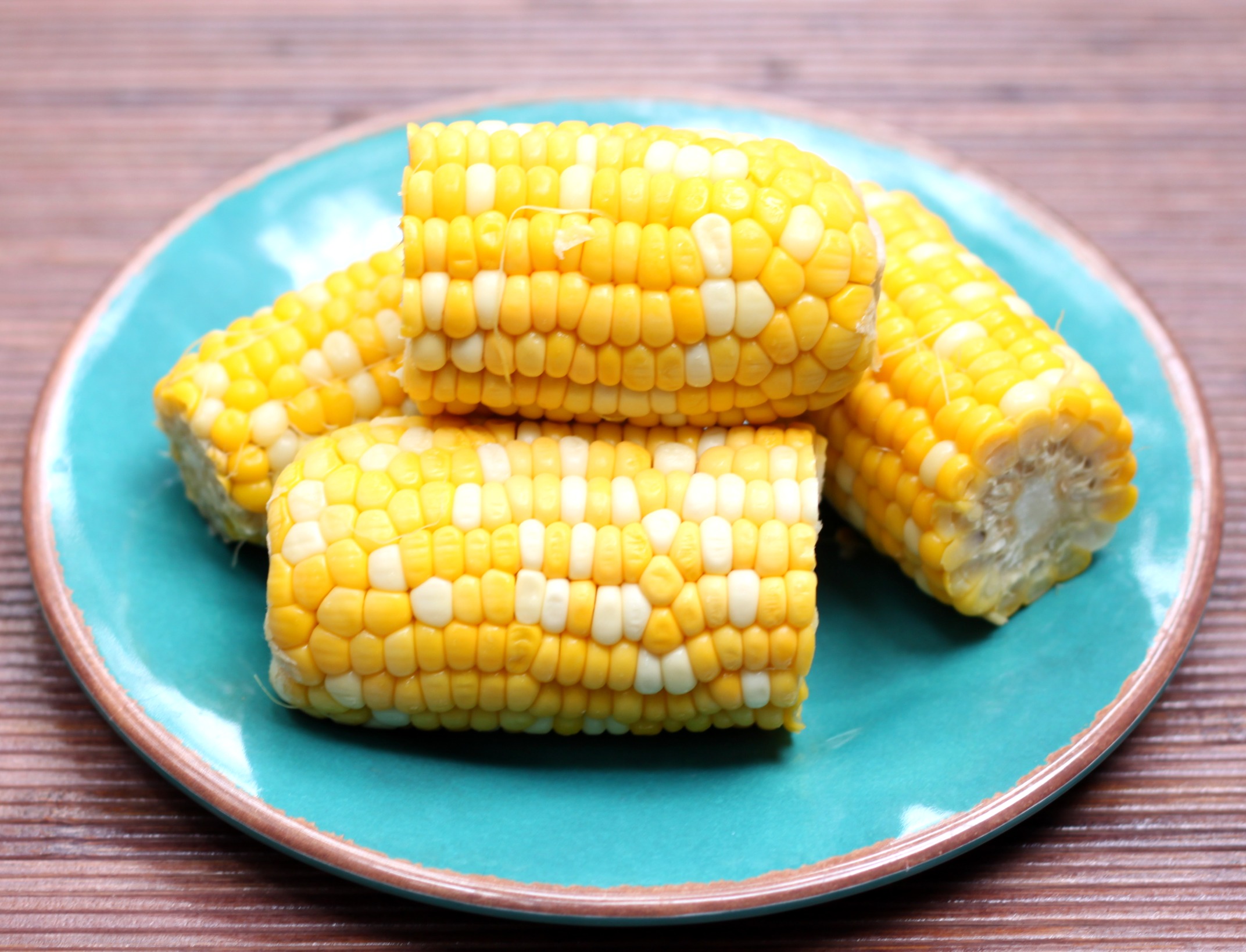
Slow Cooker Corn on the Cob
It is easy and recommended to add corn husks and cobs to your compost pile. The unique structure of corn pieces creates air pockets and retains moisture. Both are important for a compost's decomposition process. The added moisture can help in garden soil and in compost piles making corn stalks, cobs, and husks great to compost.

Dried Corn on the Cob West Coast Tropical
Doing these exactly right will mean that your corn cob stalks will disappear within the other mulch and compost. Sizing Corn Cobs for Composting. Your corn cob stalks should be almost shredded when you add them to the compost pile, with many people cutting them into 1-inch slices, then dividing that even further, usually opening them up as well.
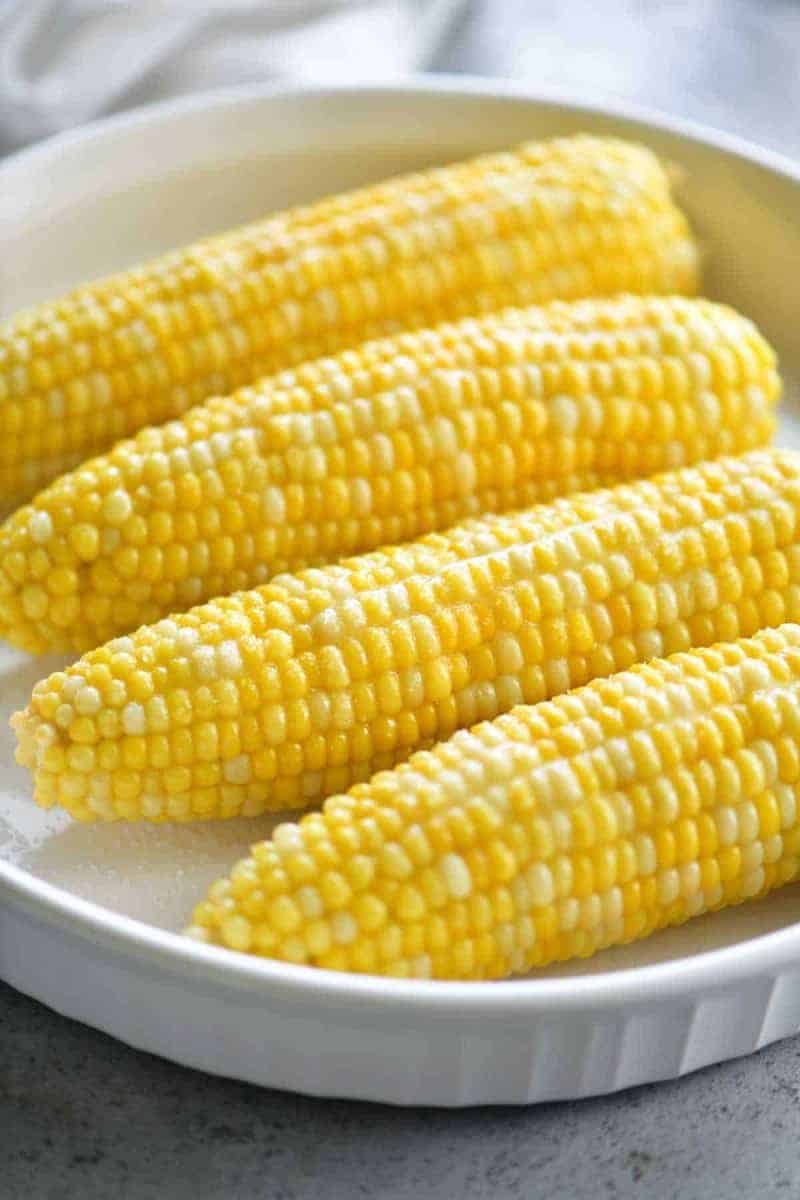
Corn on the Cob for a Large Group Exactly How Much to Buy Cook for Folks
The corn cobs will also help to aerate the compost pile, which is important for keeping the composting process going. It is important to note that corn cobs can take a long time to decompose. This is because they are composed of a lot of lignin, which is a tough material that is resistant to decomposition.
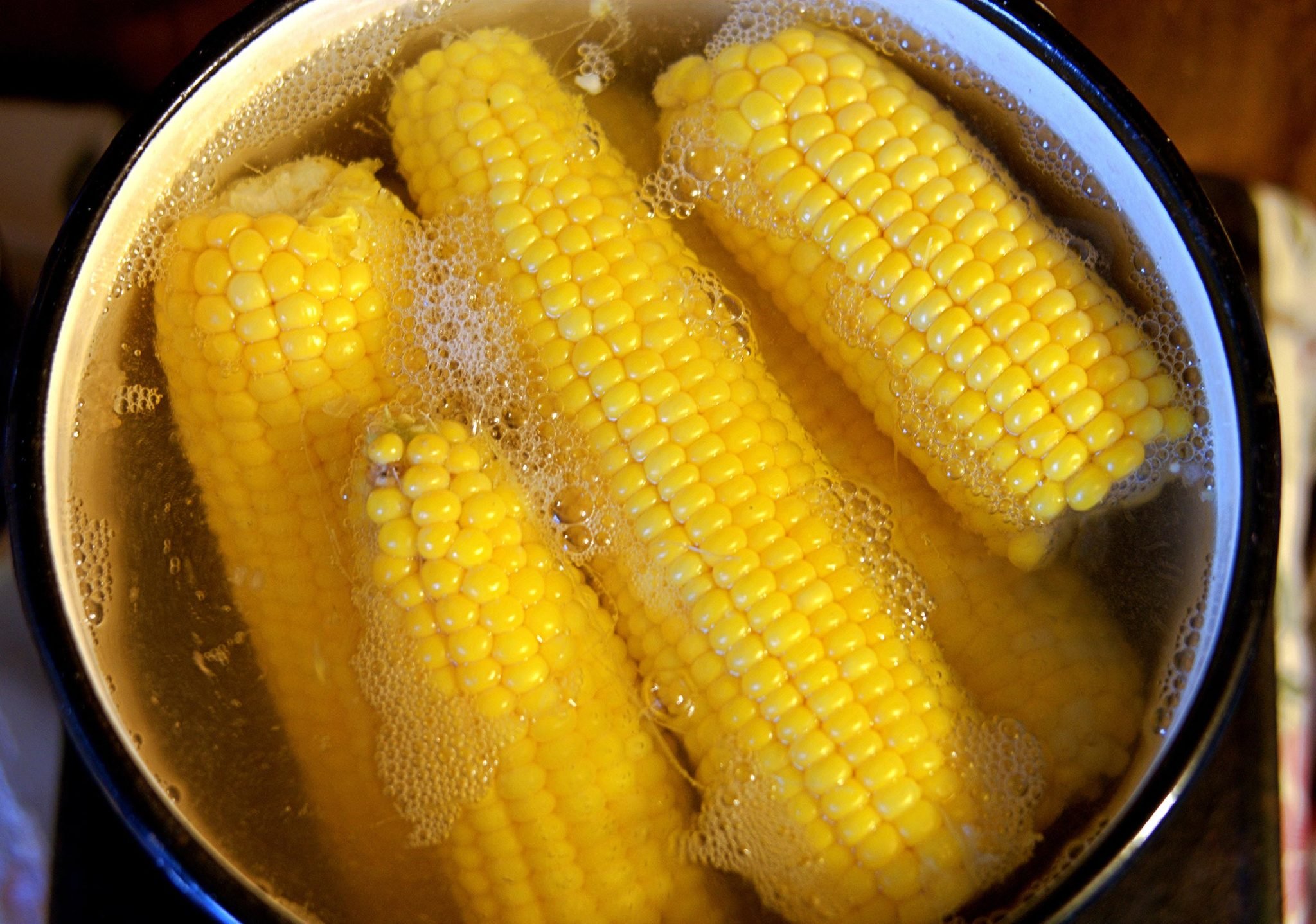
How Long to Boil Corn on the Cob Reader's Digest
Well, the compost bin or your garden's compost pile are both suitable for it. Corn cobs are food waste, and as long as they aren't fish, meat, bones, dairy products or baked goods, they can go in the compost pile. In fact, since the corn cobs are cooked, they're much softer and will decompose even faster than the uncooked version.

Do Corn Cobs Compost Well? Obsessed Lawn
Composting corn stalks can help to break down the tough fibers of the stalks and create a nutrient-rich soil amendment. Corn stalks are also a good source of carbon, which is an important component of a healthy compost pile. Carbon-rich materials like corn stalks help to balance out nitrogen-rich materials like food scraps and grass clippings.

Do Corn Cobs Compost Well? Obsessed Lawn
Yes, corn cobs can be composted. Corn cobs decompose slowly and can assist aerate and offer biodegradable material in your compost pile. Even though composting a corn cob takes longer than composting corn husks, the cobs have another function before they decay into compostable material. Corn cobs generate air spaces in a compost pile if left.
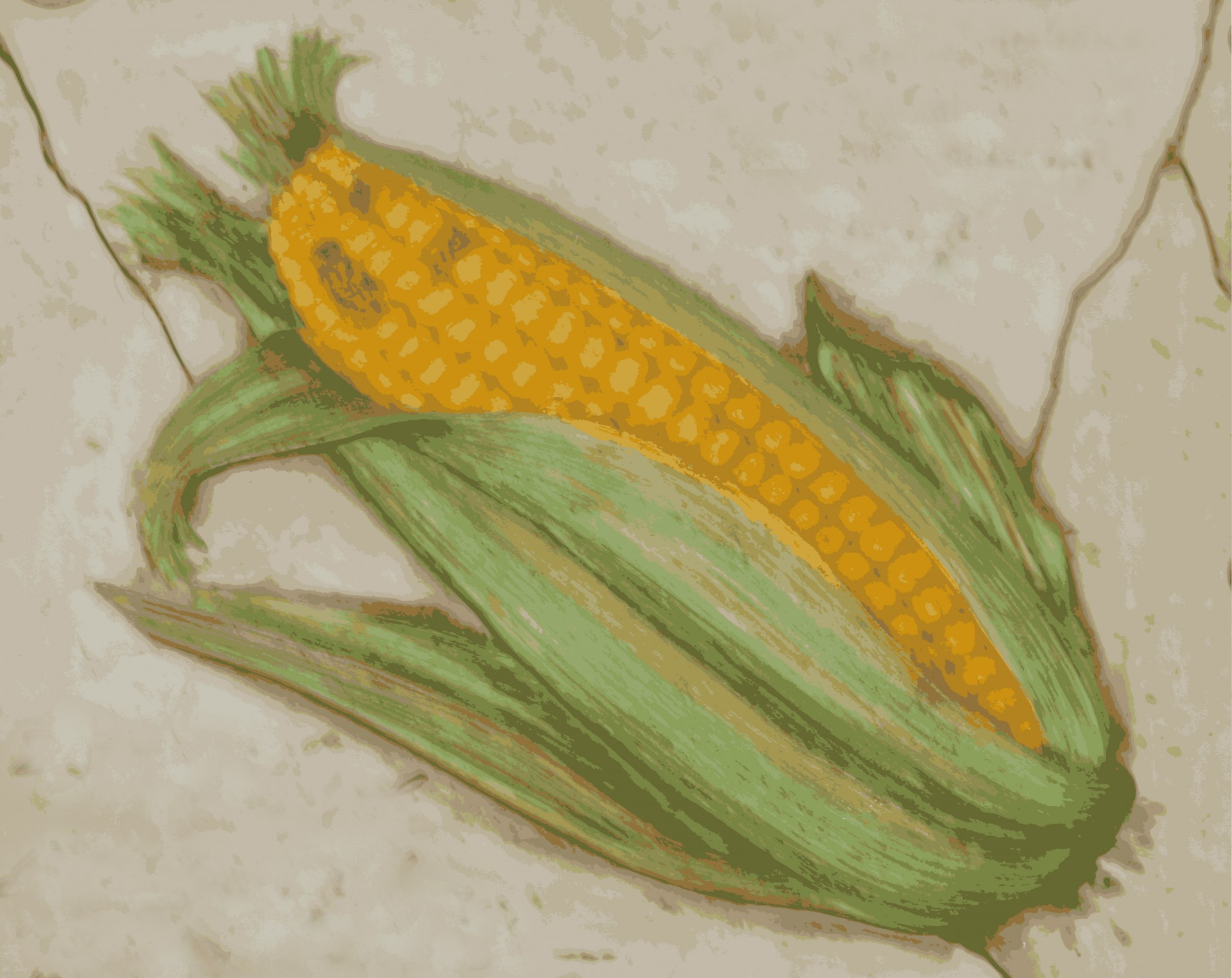
Corn On The Cob Free Stock Photo Public Domain Pictures
Can You Compost Corn Cobs. Yes, you can compost corn cobs but they do take much longer to decompose when they are allowed to dry out before adding them to your bin or pile. Here are the benefits and disadvantages of composting cobs: Pros: Provides a carbon ingredient that helps balance green ingredients

Do Corn Cobs Burn? (Everything To Know)
The most efficient compost heap is hot compost made of small materials. Separate the husk and the cobs and break them up before putting corn cobs in compost. Benefits of My Corn Cob Compost. Are corn cobs good for compost? The short answer is yes; organic material is incredibly beneficial to soil because compost adds rich nutrients to a soil mix.

U.S. Soil Announces a New Planters II Foundation Minerals Dealer in
Written by Ana in Can I Compost It? Last Updated March 9, 2023. Yes, you can compost corn cobs. All parts of the corn are compostable. While corn cobs are browns, husks and silks are green materials when fresh. you can add them to your compost bin, and you'll create good compost for your garden soil.
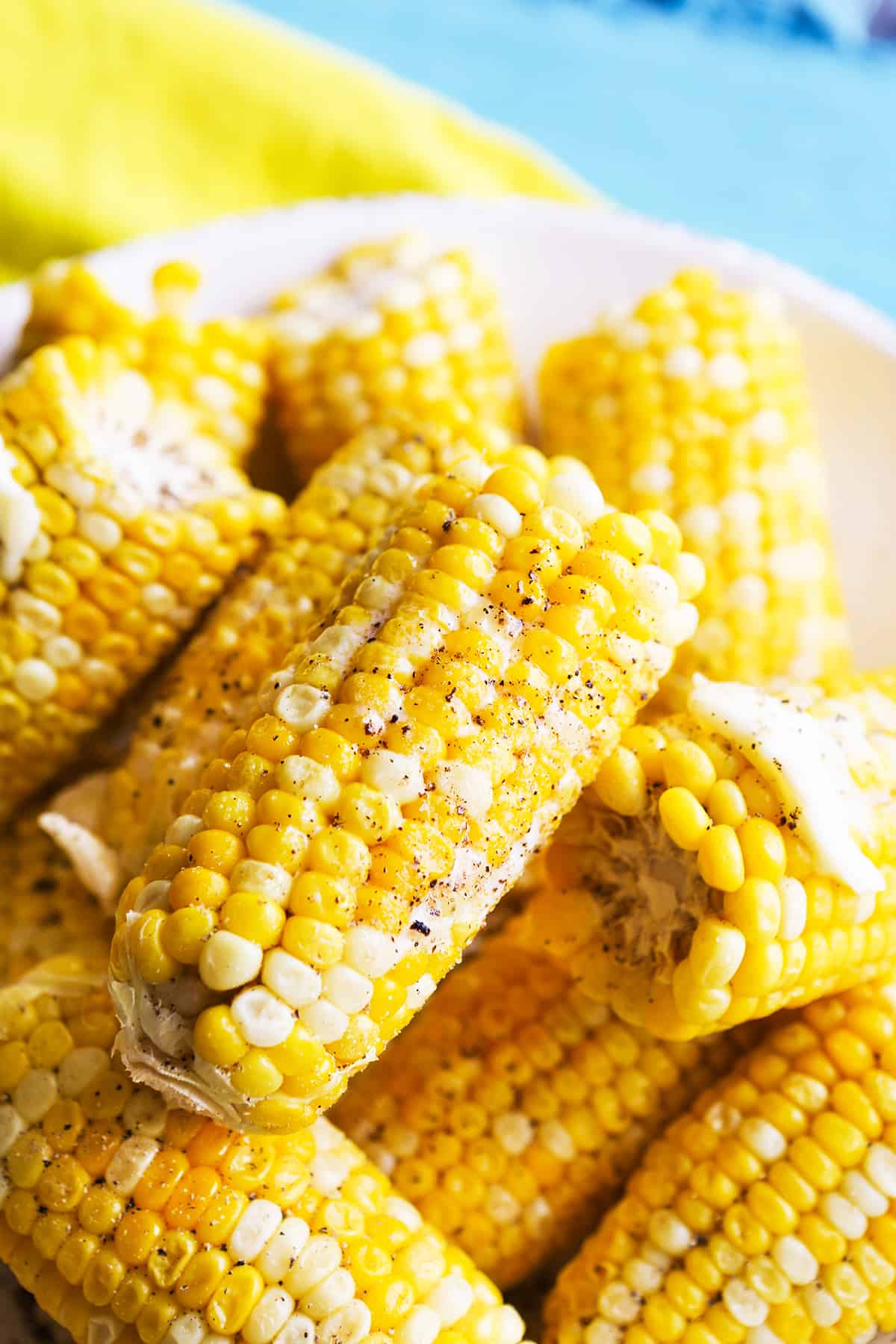
What To Serve With Corn On The Cob 26 ideas! Pip and Ebby
Yes, you can compost corn cobs. These sturdy remnants from your summer barbecues and family dinners play a pivotal role in the composting world. Classified as brown material, corn cobs add necessary carbon to your compost pile, fostering a healthy environment for the microorganisms that facilitate decomposition.
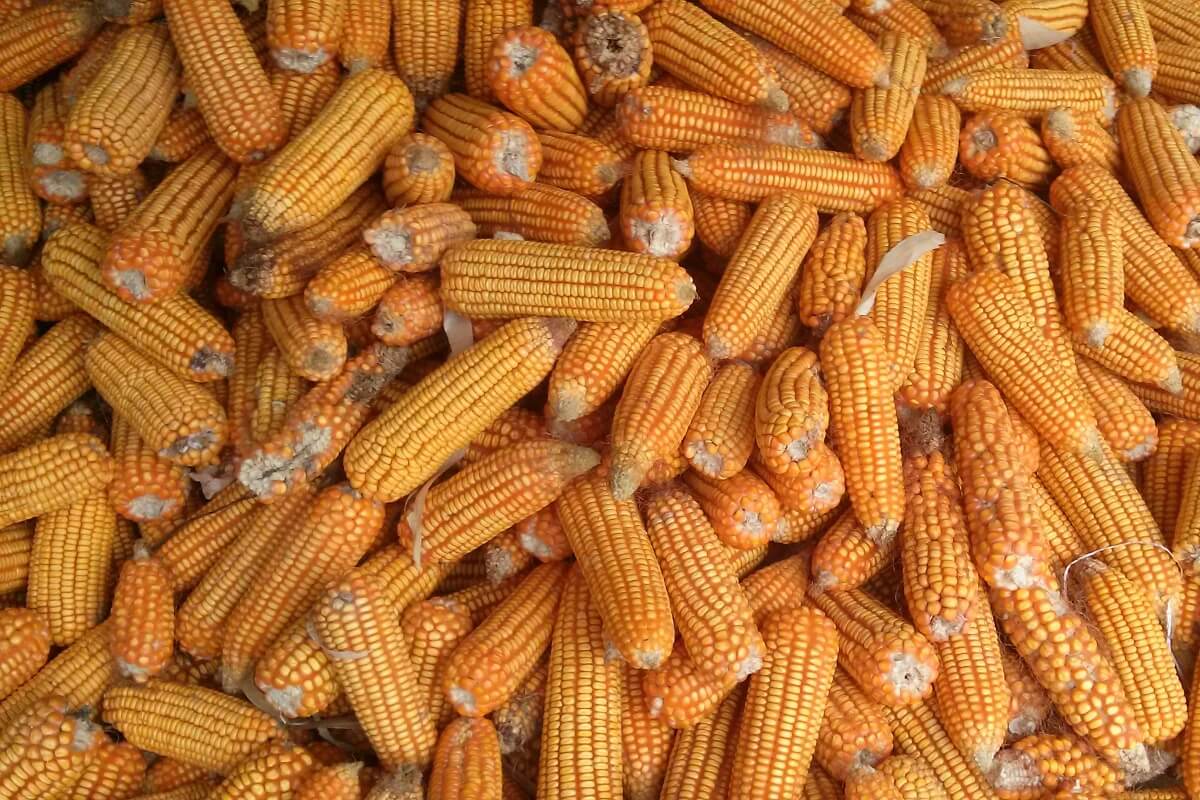
Using Corn Cobs For Waste Water Treatment
Typically, they are hard to cut through and can cause a knife to slide when wet. 3. Add materials to the compost pile. The proper proportion of green and brown organic materials should contain in your compost pile. For best performance, compost should maintain a 4:1 ratio of "brown" to "green" components.

Corn cobs. Maize seed. stock image. Image of harvest 84311579
Do corn cobs compost? Yes, corn cobs can compost. However, they do not compost as quickly as other materials, such as fruits and vegetables. This is because corn cobs are high in cellulose, which is a complex carbohydrate that takes longer to break down.
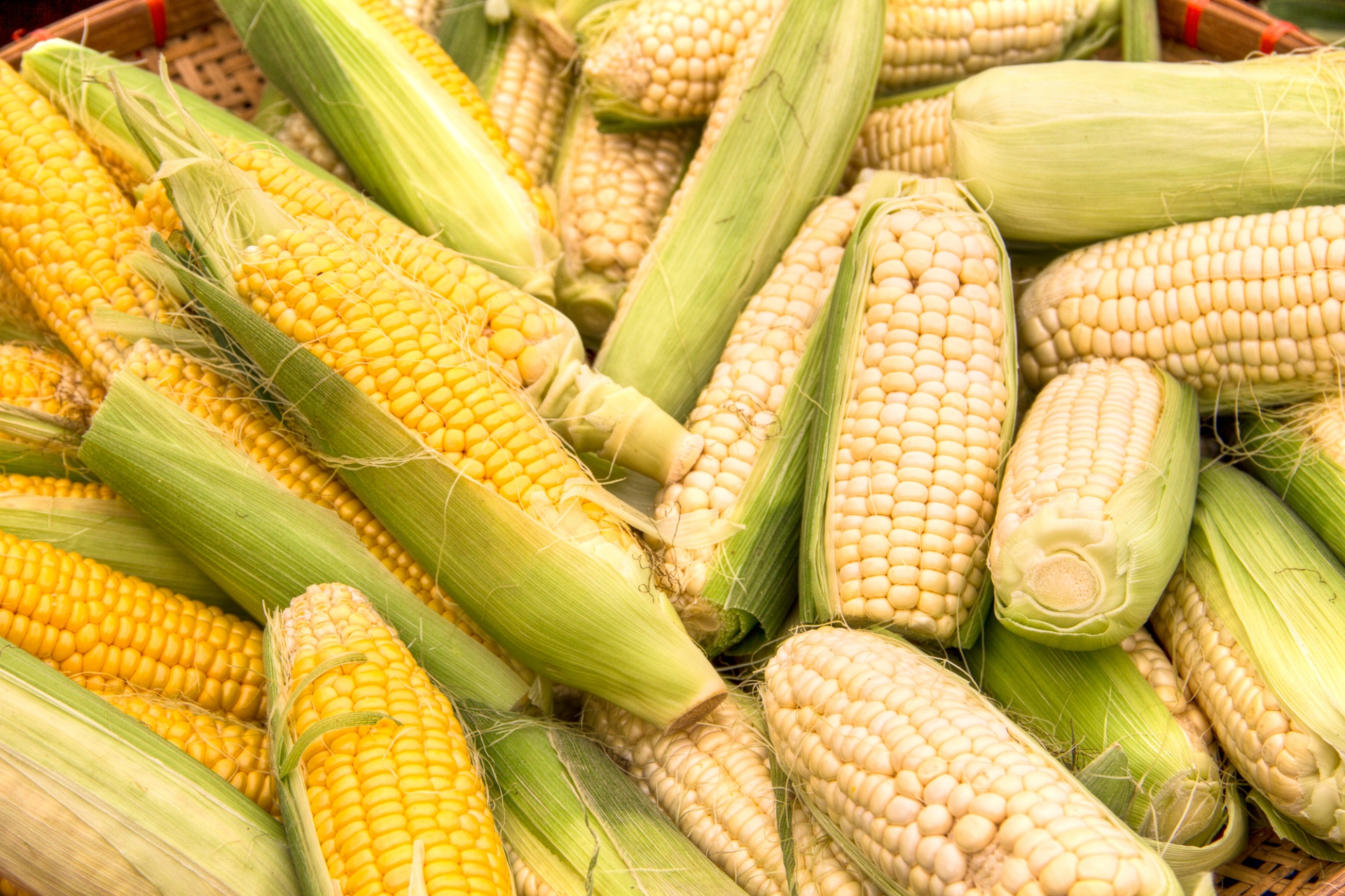
Corn On The Cob Free Stock Photo Public Domain Pictures
Corn cobs are woody and fibrous and add unique carbon deposits to your compost heap. The bulk of corn cobs can break up the structure of your compost heap, allowing air to circulate better and helping your kitchen waste compost faster. Corn cobs in compost can also help balance out and feed beneficial bacteria in soil and to neutralize harmful.
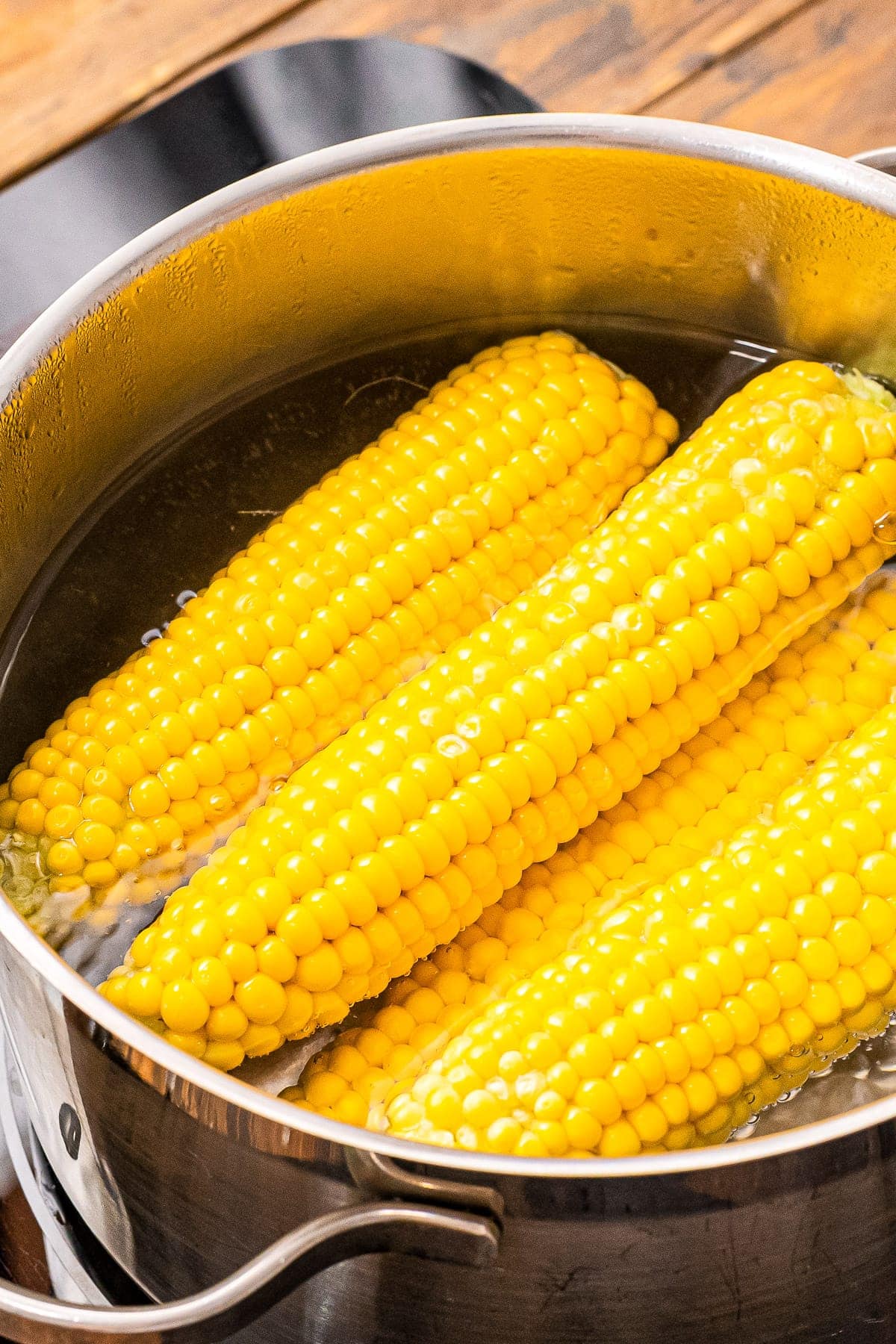
How To Boil Corn On The Cob Julie's Eats & Treats
To compost corn effectively, strive to maintain a 4:1 carbon-to-nitrogen ratio. Evenly layer your compost materials to foster a conducive environment for composting microorganisms. Coffee grounds, fresh grass clippings, and vegetable scraps provide excellent sources of carbon. Be aware that brown materials can dry out your compost pile or bin.

Do Corn Cobs Compost UpGardening
The truth is that composting corn cobs is a fantastic way to add carbon-rich "brown" material to your compost pile. Here's how I transform my leftover corn cobs into garden gold, step by step: Collect Your Corn Cobs : Save those leftover pieces after enjoying some delicious corn on the cob.
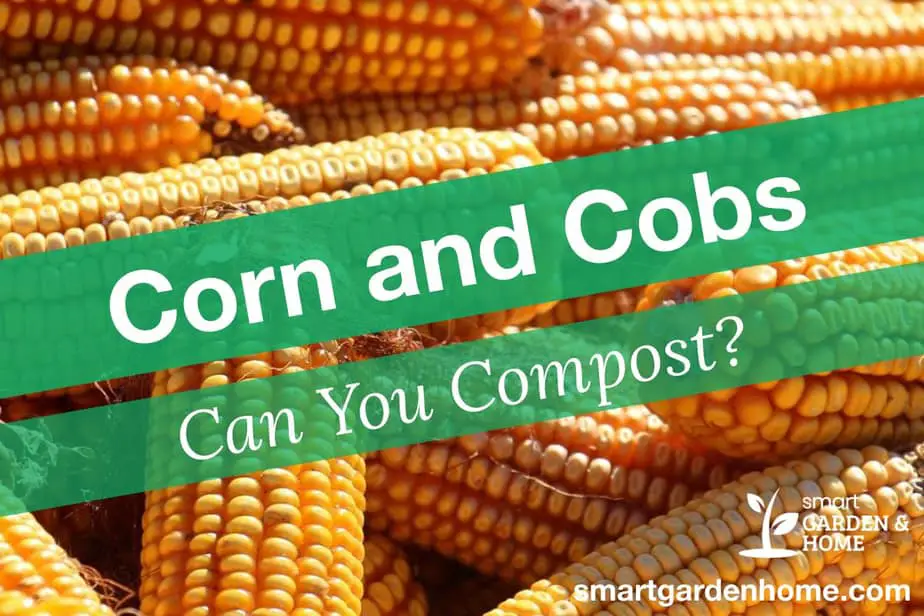
Can You Compost Corn Cobs And Husks? Smart Garden And Home
The Environmental Benefits of Composting Corn Cobs. Composting corn cobs isn't just about turning waste into usable compost; it also has positive environmental implications. Reducing Landfill Waste. In the United States alone, millions of tons of corn waste, including cobs, stalks, and husks, are generated each year.